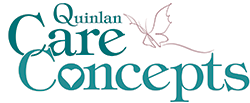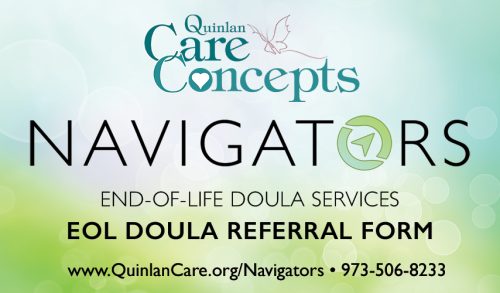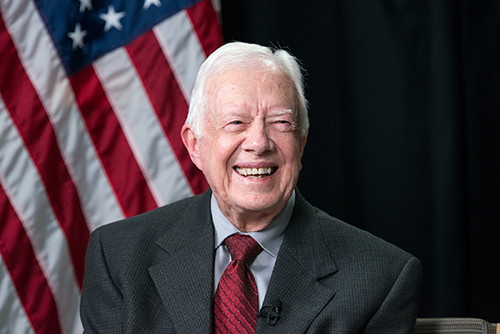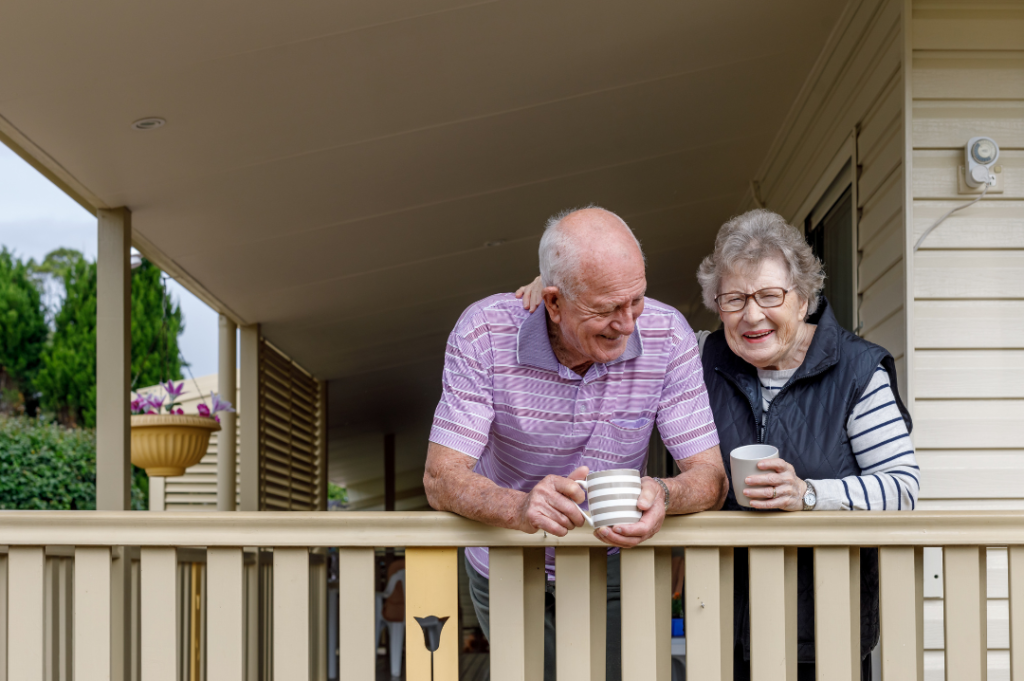
According to the National Alliance for Care at Home, a survey of 400 family caregivers ages 22 to 44 found that many millennial and Gen Z unpaid caregivers in the United States need more support from home care and hospice providers. The most common and urgent needs of the caregivers, according to the report from Transcend Strategy Group, included education in elder care and support and expertise in end of life care and decision making.
Evidence of the burden on these younger caregivers is demonstrated in these responses:
-90 percent said caregiving is emotionally and mentally taxing;
-84 percent said caregiving is a significant financial burden;
-70 percent are unsure they’re providing quality care to the person they’re caring for.
Getting more information matters to these caregivers, but so does how they receive that information. One-on-one conversations between caregivers and clinicians are the most preferred way for home care providers to guide unpaid caregivers, according to the survey, but education and support can also be provided via videos, written materials and social media.
“Respondents generally prefer to have a conversation with a medical professional when receiving healthcare information,” reads the report. “However, those aged 22 to 32 were more likely to prefer social media videos provided by content creators compared to those 33 to 42.”
A particular area of need for these younger caregivers is end of life care, beginning with education. One third of caregivers in the survey believe hospice care increases the likelihood of death for the patient or makes death occur more quickly. Fixing those misconceptions would begin to improve end of life care for these patients.
Caregivers, of all ages, need to know that with hospice care comes an entire team of people to help them and educate them. In addition to our team of nurses, who are available 24 hours a day, hospice offers social workers and counselors to provide emotional and practical help. Chaplains offer spiritual support as requested. Certified home health aides help by providing patient physical care and hygiene and training the family caregivers on best methods as well. Trained volunteers offer assistant and companionship for the patient and family.
Caring for yourself as your loved one’s caregiver is one of the most important things you can do. Karen Ann Quinlan Hospice supports the family in conjunction with the patient. Hospice can arrange extra relief for caregivers who must work, travel or rest for a period of time. The special help includes extended hours of home health aide care or the temporary placement of the patient in a respite care facility.
How do you know if you or your caregivers could benefit from hospice care?
- You or your caregivers are physically and/or emotionally exhausted from caring for you or your loved one.
- Your family is feeling isolated because of caregiving demands or the uncertainties you feel about your loved one’s future.
- You or members of your family appear to need emotional support to cope with the situation.
- You are overwhelmed by the physical, financial, emotional and spiritual concerns arising because of the illness.
Hospice care enables the individual and their families to experience the final stage of life together, in the setting most comfortable for them. Each team member is focused on the person, not the illness, making sure that all physical, emotional and spiritual needs are met.













